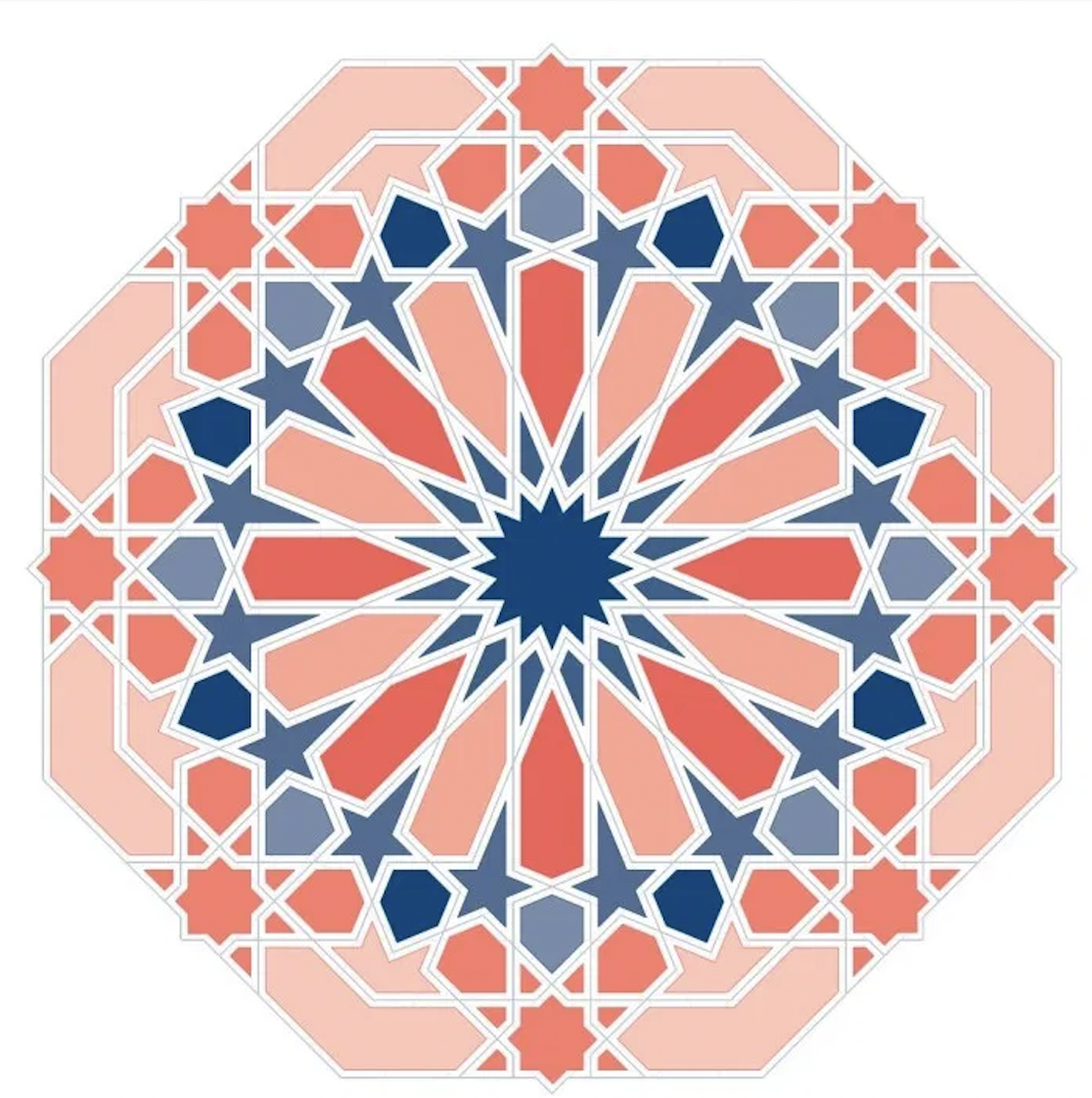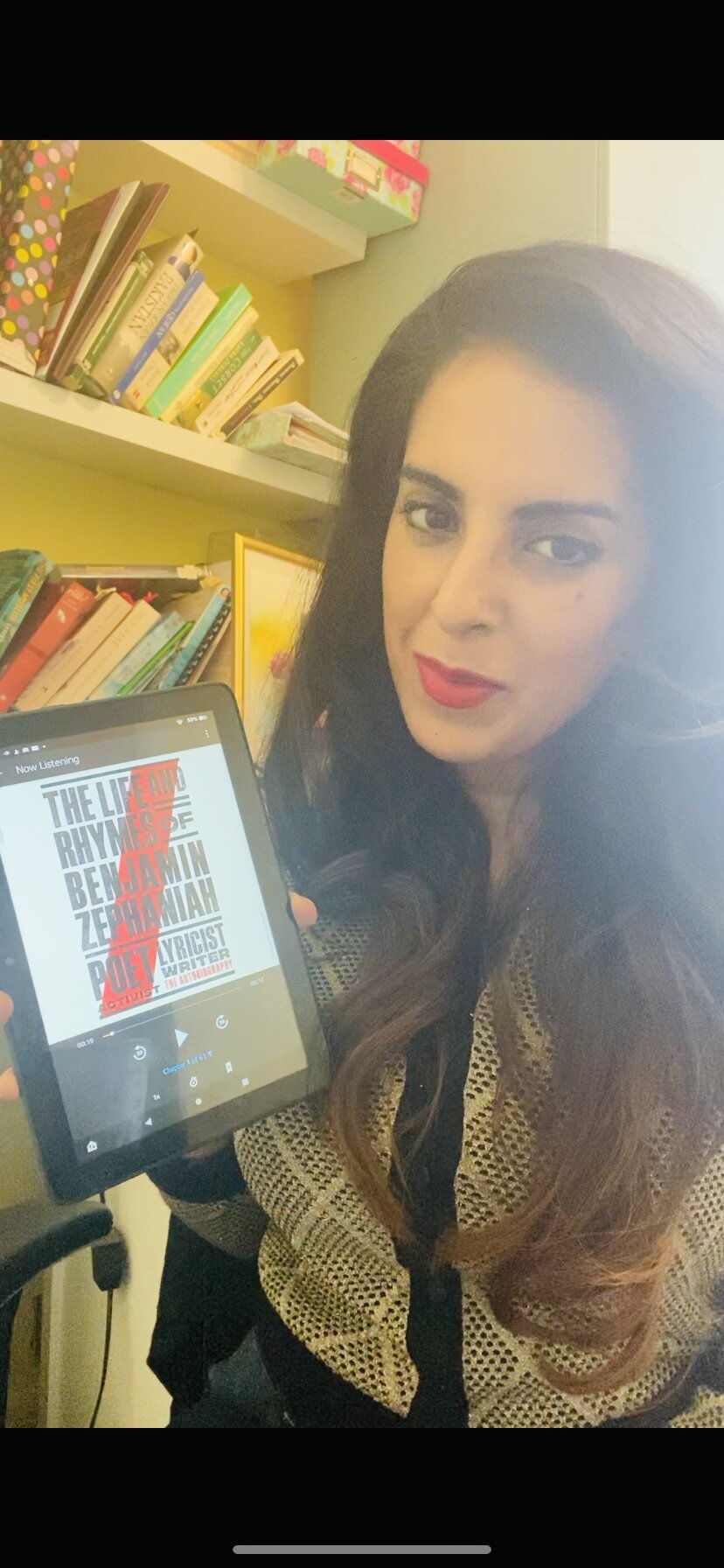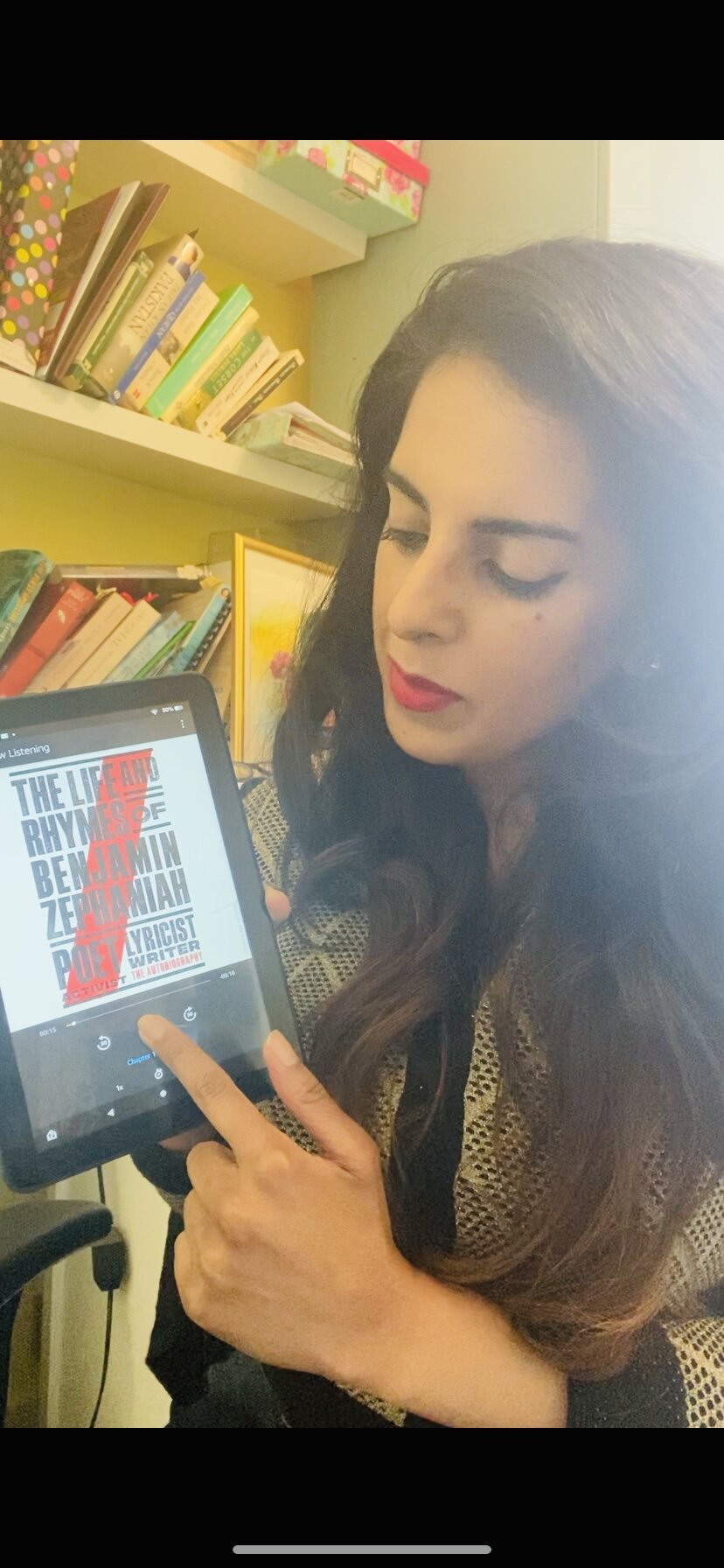Review of: The Life and Rhymes of Benjamin Zephaniah
I first heard about poet, Benjamin Zephaniah when I was a teenager, and was drawn to his activism, ethics and principles.
I recently read his autobiography ‘The Life and Rhymes of Benjamin Zephaniah’ and it gave me a much deeper insight into a most fascinating and inspiring life.
Benjamin Zephaniah has always been grass roots, and even with all his success and fame, he still champions the fight for the oppressed.
Sadly, along with many other people of colour who came to the UK in the 50s and 60s, he faced an overt racism growing up. His first experience of racism was when someone threw a brick at him and told him to go ‘home’.
I admire him for changing his ways from a downward spiral and life of crime, to having this strong overwhelming passion to speak up for the voiceless.
His style is ‘dub poetry’ - a Jamaican performance style poetry which normally delivers powerful political and social messages.
Benjamin was Patron of Ujima Housing Association when I started working there in the early 2000s. Ujima was a pioneering housing group set up especially for the black community, to help them find affordable housing. It later widened its remit to help all minorities. He clearly agreed to being patron because the cause was close to his heart, and after reading this book, I realised that Benjamin had a background in setting up and supporting housing co-ops. He believed in Ujima’s mission and was probably sad when internal corruption caused its downfall.
In his 30s, Benjamin Zephaniah married a Pakistani Muslim woman. They were married for 12 years, sadly it didn’t work out.
He didn’t have his own kids, but loves working with children and young people. He has several honorary doctorates and is a Professor at Brunel University.
I really admire him for openly rejecting an OBE. Despite this honour using the word ‘Empire’ which we know was a racist and Islamophobic institution, it is too difficult for most people to reject for various reasons. He implies that accepting it, is kind of showing our programming belief that we need recognition from colonial masters.
Yet Benjamin told them to shove it! He doesn’t honour ‘Empire’ and he doesn’t want to be silenced when speaking out against injustice. He logically said - why can’t they just change the name and take out ‘Empire’?
Benjamin is a revolutionary, and he speaks and writes his truth regardless of the consequences. I respect that! I commend his bravery, especially as it can be hard to call out abuse and injustice.
I really enjoy reading autobiographies of people who have lived by their beliefs. He has a huge following, and can relate to all religions, cultures and ages - his poetry and unique style is well loved.



